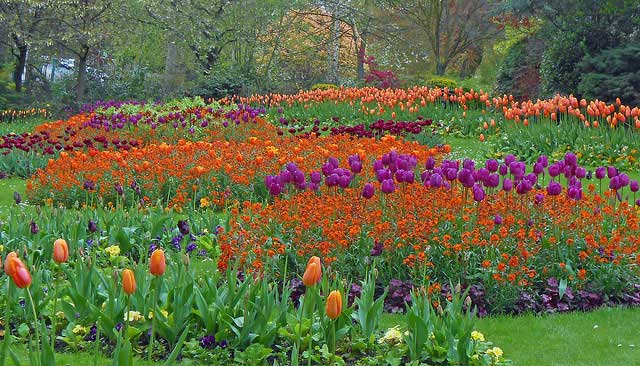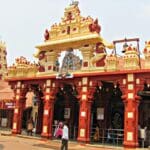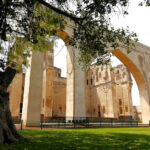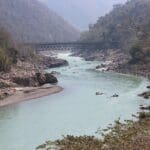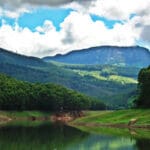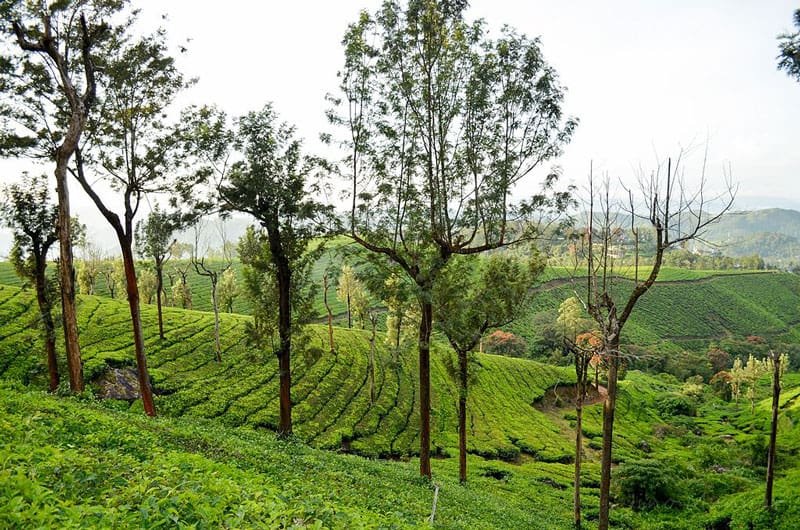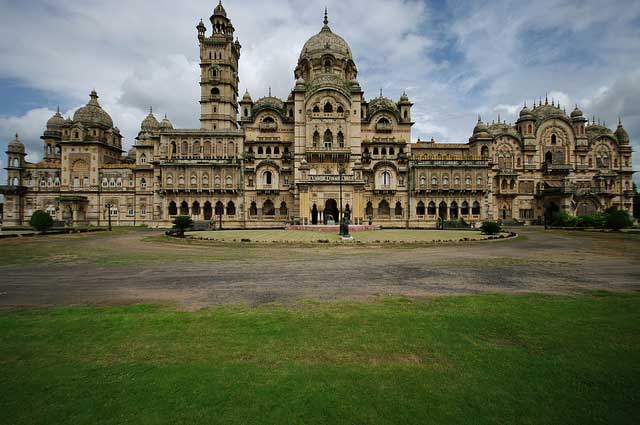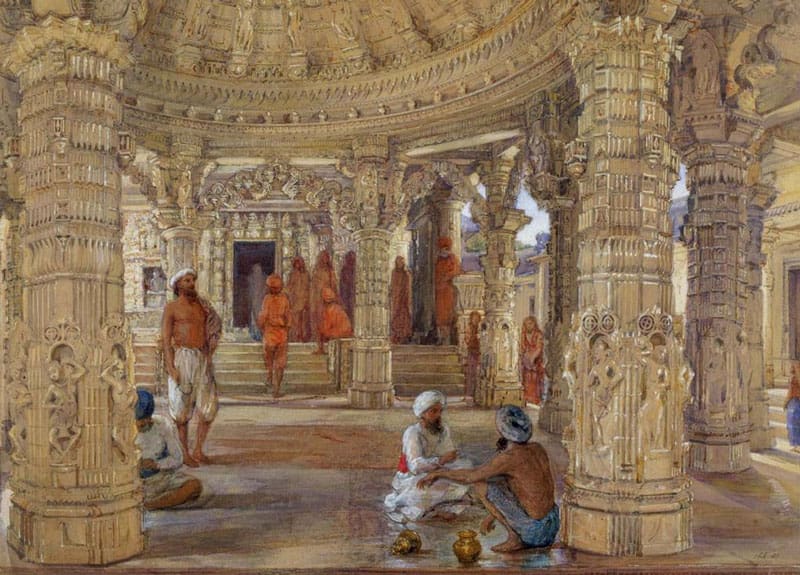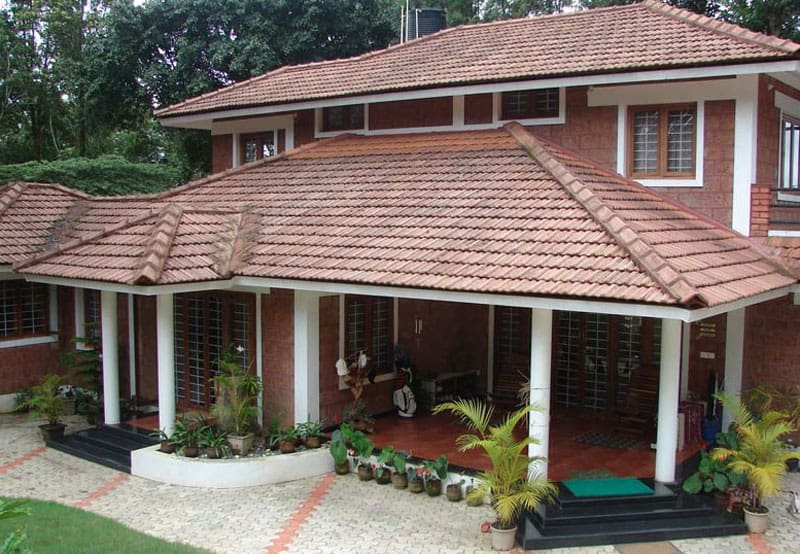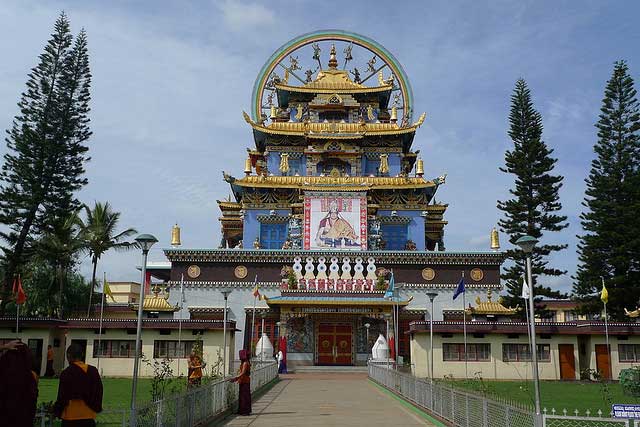Nestled in the enchanting hills of Assam, Diphu is a town that captivates with its blend of culture, serene landscapes, and rich heritage. As the administrative headquarters of Karbi Anglong district, it stands as a gateway to the mysteries and panoramic beauty of Northeast India. Whether you are an intrepid traveler, nature lover, or culture seeker, Diphu offers a plethora of experiences that leave an indelible mark on every visitor. Explore our meticulously crafted guide to the top 5 places to visit in Diphu, ensuring your journey is both memorable and rewarding.
1. Botanical Garden – A Tranquil Green Sanctuary
Overview:
Dive into the lush oasis of Diphu’s Botanical Garden, an exquisite destination for those seeking tranquility and a close encounter with nature’s diverse wonders. Renowned for its immaculate landscaping and rare plant collections, the botanical garden is more than just a tourist attraction—it is a haven for biodiversity.
What Makes It Unique:
-
Variety of Flora: Home to indigenous and exotic plant species, orchids, rare medicinal herbs, and vibrant seasonal blooms.
-
Picturesque Landscapes: Accentuated by winding pathways, scenic benches, and shaded gazebos, it’s perfect for a leisurely stroll.
-
Educational Value: Informative signages educate visitors about plant diversity, making it ideal for students and nature enthusiasts.
-
Photography Paradise: The vibrant hues and serene backdrops make it a hotspot for photographers keen on capturing nature’s beauty.
Visitor Information:
-
Best Time to Visit: March to May, when the flowers are in full bloom and the weather is pleasant.
-
Ideal For: Families, students, botanists, and solo travelers.
-
Entry Fee: Nominal charges.
2. Diphu-Lumding Road – Gateway To Mesmerizing Views
Overview:
Traversing the Diphu-Lumding road is not merely a drive; it’s a panoramic journey through undulating hills, glistening rivers, and verdant forests. This scenic route is celebrated as one of the most breathtaking in Assam.
What Makes It Unique:
-
Spectacular Vistas: Rolling hills and valleys dotted with traditional tribal settlements, offering a true essence of rural Assam.
-
Adventure Opportunities: Trekking trails, off-road exploration, and hidden waterfalls await adventurous souls.
-
Cultural Insight: Spot vibrant local markets, traditional Karbi houses, and roadside tea stalls radiating warmth and hospitality.
Visitor Information:
-
Best Time to Visit: Post-monsoon (September to November) and spring (February to April).
-
Ideal For: Road trippers, photographers, adventure seekers, and cultural explorers.
-
Tips: Rent a local vehicle or hire a guide for an enriched experience.
3. Marat Longri National Park – The Wild Heart of Diphu
Overview:
Encompassing an area of nearly 451 square kilometers, Marat Longri National Park is a treasure trove for wildlife enthusiasts and environmentalists. Its rich ecosystem supports a stunning variety of flora and fauna, making it a must-visit site in Diphu.
What Makes It Unique:
-
Wildlife Encounters: Spot elephants, tigers, leopards, pangolins, and several other rare species in their natural habitat.
-
Birdwatchers’ Haven: Famed for housing countless bird species including hornbills, pheasants, and migratory birds.
-
Eco-Trails: Designated trekking routes and jungle walks add an aura of adventure and discovery.
Visitor Information:
-
Best Time to Visit: November to March, when animals are more visible and the climate is agreeable.
-
Ideal For: Wildlife photographers, environmentalists, research scholars, and backpackers.
-
Entry Regulations: Permits are required; adhere to all park guidelines to preserve its fragile ecosystem.
4. District Museum – Preserving Karbi Heritage
Overview:
Explore the depths of history and tradition at the District Museum of Diphu. Established to preserve and showcase the rich cultural heritage of the Karbi Anglong region, the museum is a gateway to understanding Assam’s indigenous communities.
What Makes It Unique:
-
Ethnographic Exhibits: Displays traditional Karbi costumes, ornaments, weapons, crafts, and musical instruments.
-
Archaeological Artifacts: Step back in time with ancient relics, pottery, and tools dating back centuries.
-
Cultural Events: The museum often hosts workshops, exhibitions, and folk performances to promote local art and culture.
Visitor Information:
-
Best Time to Visit: Year-round.
-
Ideal For: History buffs, students, researchers, and tourists interested in cultural studies.
-
Entry: Open on all working days; guided tours available on request.
5. Singhason Hill – The Summit of Adventure
Overview:
For those who seek the thrill of adventure coupled with awe-inspiring panoramas, Singhason Hill is an indispensable stop. As the highest peak in Karbi Anglong, it offers a trekking experience that is both challenging and rewarding.
What Makes It Unique:
-
Trekking Destination: Trails meander through dense forests, bamboo groves, and open grasslands, revealing the region’s rich biodiversity.
-
Breathtaking Panoramic Views: The summit provides an enchanting 360-degree view of the Brahmaputra valley, the Barail Range, and even distant views into Nagaland on a clear day.
-
Cultural Significance: The hill holds spiritual reverence for the Karbi people and is often the site of local festivals and traditional rituals.
Visitor Information:
-
Best Time to Visit: Before the monsoon (March to early June).
-
Ideal For: Adventure enthusiasts, trekking groups, and nature lovers.
-
Trekking Tips: Prepare for steep climbs and pack essentials such as water, food, and proper trekking gear.
Other Must-See Attractions in Diphu
While these are the top 5 places to visit in Diphu, a true exploration reveals much more:
– Taralangso Cultural Centre
-
Hub for the Karbi Youth Festival showcasing dance, music, and folk traditions.
– District Library and Auditorium
-
Archives of Assamese literature and venue for cultural and literary events.
– Amreng Tourist Resort
-
Picturesque lakeside situated on the bank of the Amreng River.
– Diphu Waterfalls
-
Hidden amidst thick forests, these cascades are perfect for picnics and short hikes.
– Lokhra Eco Park
-
Rich in native plant species with recreational facilities for families.
Local Culture, Cuisine, and Festivals
Rich Karbi Culture
Diphu’s heart beats with the lively traditions of the Karbi tribe, one of Assam’s oldest and most celebrated indigenous communities. Visitors are often mesmerized by:
-
Traditional Karbi Dances: Vibrant performances during festivals such as Rongker and Chomangkan.
-
Handicrafts: Exquisite bamboo baskets, woodwork, and bead jewelry available at local bazaars.
-
Folk Music: Centuries-old musical styles and instruments.
Culinary Delights
Experience Diphu’s unique cuisine, known for its organic flavors and tribal influences:
-
Pitha and Rice Beer: Authentically prepared for festivals and special occasions.
-
Local Delicacies: Pork curry, bamboo shoot chutney, smoked fish, and spicy herbs served with sticky rice.
-
Markets: Do not miss the bustling Diphu Bazaar, where fresh organic produce and traditional food items can be sampled.
Festivals to Experience
Diphu’s calendar is adorned with vibrant festivals:
-
Karbi Youth Festival: Largest celebration of Karbi culture, held in Taralangso.
-
Rongker: Harvest festival with rituals and communal feasts.
-
Dehal Kekan: Spiritual festival marked by traditional music and dances.
How To Reach Diphu
By Air
Nearest airport is at Dimapur (approx. 54km). Regular taxis and buses connect to Diphu.
By Train
Diphu Railway Station is well-connected with major cities like Guwahati, Lumding, and Dibrugarh.
By Road
National Highway 36 links Diphu to nearby towns and cities. State-run and private buses, as well as hired vehicles, are commonly available.
Best Time to Visit Diphu
-
October to March: Pleasant weather, ideal for sightseeing, festivals, and trekking.
-
April to June: Mild summer perfect for botanical exploration.
-
July to September: Monsoon brings vibrant greenery but travel may be affected by rainfall.
Where To Stay in Diphu
Hotels and Guesthouses
-
Government-run rest houses and private hotels offer comfortable lodging options— book in advance during festivals.
Ethnic Homestays
-
Experience Karbi hospitality in family-run homestays— savor authentic local cuisine and cultural immersion.
Responsible Tourism in Diphu
-
Respect Local Customs: Dress modestly, ask permission before clicking photos especially during rituals.
-
Preserve Environment: Avoid littering, follow guidelines in eco-sensitive areas.
-
Support Local Economy: Purchase handicrafts, prefer local guides, and choose traditional eateries.
Itinerary Suggestions For Diphu Visitors
Day 1:
-
Botanical Garden morning stroll.
-
District Museum to absorb local culture.
-
Local market exploration and food tasting.
Day 2:
-
Early drive via Diphu-Lumding Road for scenic views.
-
Half-day trek in Marat Longri National Park.
Day 3:
-
Trek to Singhason Hill.
-
Evening cultural program at Taralangso Cultural Centre.
Travel Tips for Diphu
-
Carry warm clothes, especially in winters.
-
For treks and wildlife parks, get local permits in advance.
-
Always engage with local guides for an authentic and informed experience.
-
Mobile connectivity may fluctuate; prepare accordingly.
-
Respect wildlife—do not disturb animals and avoid plastic.
15 FAQ’s With Answers
-
What is the best time to visit Diphu?
-
October to March is ideal due to pleasant weather and festival celebrations.
-
-
How do I reach Diphu?
-
By air via Dimapur Airport, by train to Diphu Railway Station, and by road via NH 36.
-
-
What are the top 5 places to visit in Diphu?
-
Botanical Garden, Diphu-Lumding Road, Marat Longri National Park, District Museum, Singhason Hill.
-
-
Are there any wildlife parks near Diphu?
-
Yes, Marat Longri National Park is the major wildlife sanctuary here.
-
-
Which is the highest point near Diphu?
-
Singhason Hill is the highest peak in the region.
-
-
Can I experience Karbi culture in Diphu?
-
Absolutely, visit during the Karbi Youth Festival for immersive experiences.
-
-
Is Diphu suitable for trekking?
-
Yes, especially Singhason Hill and eco-trails in Marat Longri.
-
-
Are there any local markets in Diphu?
-
Diphu Bazaar is a bustling hub for local foods and crafts.
-
-
Is it safe to travel to Diphu?
-
Diphu is generally safe for tourists; basic precautions are recommended.
-
-
What kind of cuisine can I try in Diphu?
-
Explore Karbi and Assamese dishes like bamboo shoot curries, smoked meat, and rice-based specialties.
-
-
Are there good accommodation facilities?
-
Choose from hotels, guesthouses, and ethnic homestays for all budgets.
-
-
Is Diphu child-friendly?
-
Yes—Botanical Garden, parks, and cultural sites are perfect for families.
-
-
How can I responsibly travel in Diphu?
-
Respect local customs, avoid littering, and support local businesses.
-
-
What souvenirs are unique to Diphu?
-
Bamboo handicrafts, traditional jewelry, and woven fabrics.
-
-
Do I need permits to visit any Diphu attractions?
-
Permits are needed for certain areas like Marat Longri National Park—check with local authorities.
-


